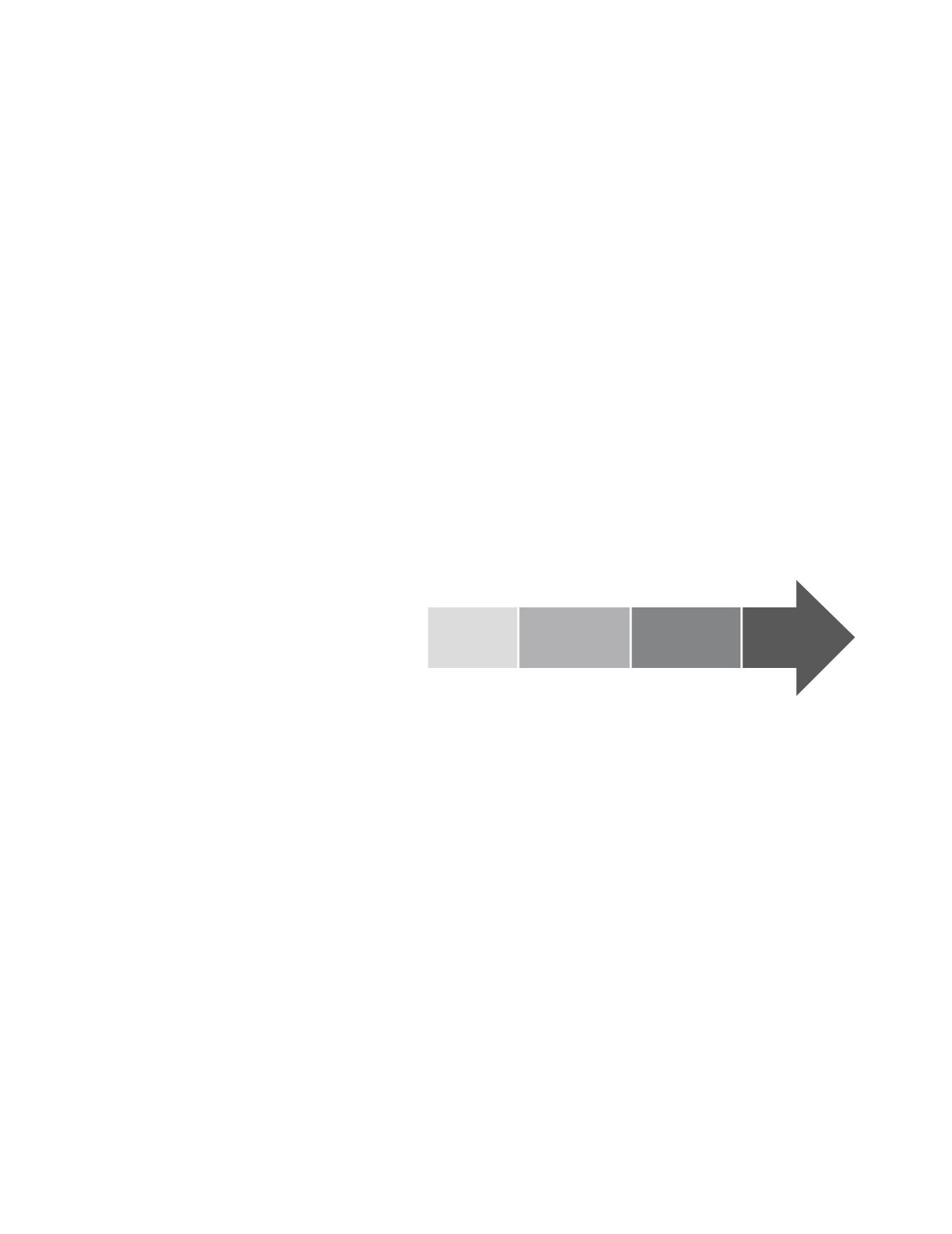

SEVEN HABITS OF HIGHLY IMPACTFUL LIBRARIANS
63
How?
a
Leverage prevailing research
(School Librarians Work!, 2016)
that correlates strong and
effective school library programs to an improvement in reading scores among students.
a
Analyze your program and determine what it needs, as well as the desired objective
(e.g., creating a more avid reading culture or more specific goals pertaining to reading/
vocabulary).
a
Determine the evidence that will resonate with your desired audience, and connect to your
objective.
a
Collect, analyze, and synthesize data to act as evidence.
a
Package and deliver the data as the core of your message.
Source: Say It with Data: A Concise Guide to Making Your Case and Getting Results; by Priscille Dando, ALA Editions
Graph pulled from 2016 edition of School Libraries Work!. Download the full report at
scholastic.com/SLW2106Impact Habit #6 – Be a “Teacher” Librarian With a
Constructivist Approach Based on Inquiry
Highly impactful librarians
tie reading to research to strengthen achievement.
Why?
• Because research is the opposite of
reading a textbook. A textbook gives
you answers for you to absorb and memorize.
Research is the search for answers, and inquiry allows students to test and re-test their
hypotheses.
• Because infusing inquiry into your daily practice and instruction helps hone students’ abilities to
respond to questions with evidence.
How?
a
By modeling and teaching good research skills, which support the inquiry process
a
Use reading, read-alouds, and primary sources as a “springboard to research.”
a
Curiosity, wonder, questioning, and the goal to “dig deeper” all play a vital role in
fostering inquiry.
Source: Paige Jaeger and Marc Aronson
wonder investigate synthesize express
















